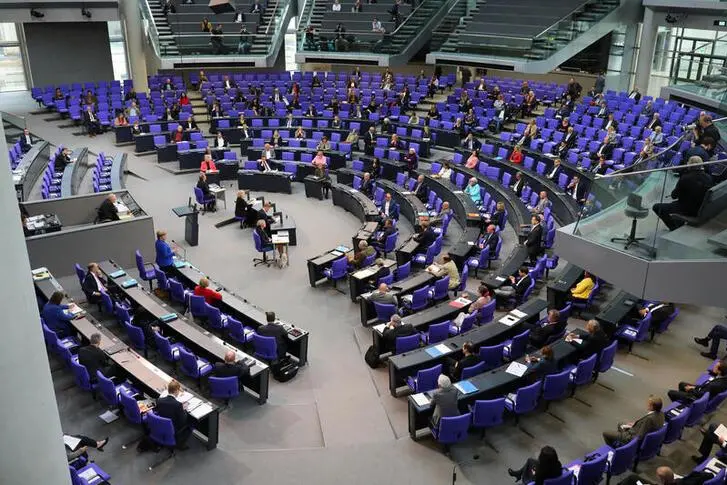Denmark’s government is proposing a policy shift that could significantly impact rejected asylum seekers.
The current system allows rejected applicants to remain in the country for 18 months and potentially obtain residence permits under specific circumstances. However, the government argues that this rarely happens and is looking to abolish the program entirely.
Key Points:
- Rejected asylum seekers in Denmark might soon lose the ability to obtain residence permits after a negative decision.
- Currently, they can stay for an additional 18 months with a chance to secure a residence permit. 1. Government moves to abolish system of residence permits for rejected asylum seekers in Denmark – The Copenhagen Post cphpost.dk
- Between 2016 and 2024, only 18 residence permits were granted under this scheme. 1. Denmark will abolish the rule that allows rejected asylum seekers to obtain residence permits – Kosova & Bota – CNA www.cna.al
- The Danish government deems it an unnecessary administrative burden with minimal impact.
Rationale Behind the Proposed Change:
The Ministry of Immigration and Integration emphasizes the high administrative cost compared to the small number of successful applications. They argue that rejected asylum seekers have already received a fair hearing and do not meet the criteria for protection in Denmark.
Minister’s Statement:
Kaare Dybvad Bek, Denmark’s Immigration Minister, emphasizes that this proposal is not a major immigration policy overhaul. He views it as a streamlining measure that reduces unnecessary bureaucracy.
The Proposal’s Path Forward:
The Ministry will formally propose scrapping the program. The proposal will undergo a public hearing process followed by a parliamentary vote. Even with approval, the government may still grant residence permits in exceptional cases.
Denmark’s Asylum Seeker Landscape:
- Denmark has received 900 asylum applications in 2024 so far (as of September 6th). 1. How many refugees are coming to Denmark refugees.dk
- This represents a 36.2% decrease compared to 2023’s total applications (2,482). 1. Denmark will abolish the rule that allows rejected asylum seekers to obtain residence permits – Kosova & Bota – CNA www.cna.al
- Denmark ranks 23rd in the EU for asylum seekers per capita. 1. How many asylum seekers does Denmark receive compared to the rest of Europe? refugees.dk
- Syrians, Afghans, Eritreans, Russians, and Iranians are the top nationalities seeking asylum. 1. How many refugees are coming to Denmark refugees.dk
Conclusion:
The Danish government’s proposed policy change aims to reduce administrative burdens and limit opportunities for rejected asylum seekers to obtain residence permits. The proposal will likely face scrutiny during the public hearing and parliamentary vote.





